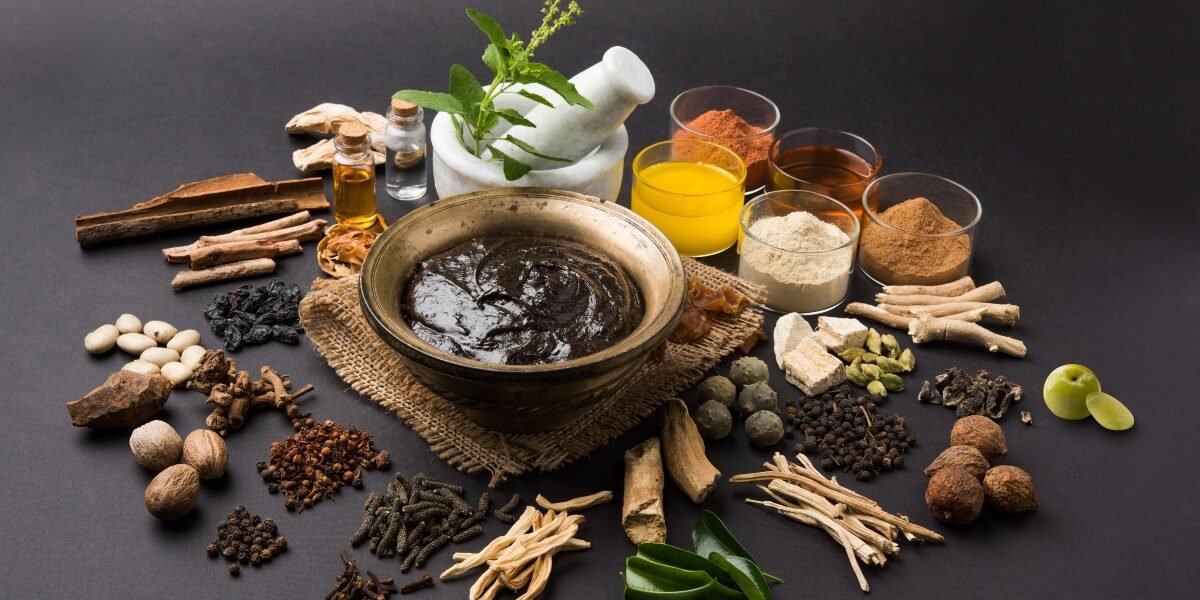
There’s something fascinating about herbs that have stood the test of time, and wormwood is one of those remedies that keeps drawing me in. Wormwood has a deep-rooted history in herbal medicine, and it’s often hailed for its powerful benefits when it comes to digestive health. I can personally vouch for its effectiveness—having experienced my fair share of digestive discomforts, wormwood is a go-to remedy that I recommend to friends and family alike. It’s one of those herbs that truly embodies nature’s healing touch.
I remember years ago, I had a particularly persistent bout of indigestion after a trip abroad. Nothing was helping. A friend suggested I try wormwood tea, and I’ll be honest—I wasn’t a fan of the bitter taste. But I gave it a shot, and within a couple of days, the discomfort faded. It was then I realized just how effective this herb could be for digestion. Since then, I’ve explored more ways to use wormwood, not just for myself but for others who struggle with various digestive issues.
In this article, I’ll dive into the science, benefits, and personal experiences with wormwood, particularly focusing on how you can use it to soothe your digestive woes naturally.
The Digestive Power of Wormwood
Understanding Wormwood’s Bitter Qualities
Wormwood is primarily known for its bitter properties, and while bitterness may seem unpleasant, it’s actually a crucial part of why wormwood is so effective. Bitter herbs like wormwood stimulate digestive enzymes and bile production, which can dramatically improve digestion, especially if you’re prone to indigestion or bloating.
I always recommend taking wormwood before meals. Whether in tincture form or as tea, the bitter compounds prepare your stomach for the food it’s about to process. A friend of mine swears by a few drops of wormwood tincture right before a heavy meal—he used to suffer from chronic bloating, but since incorporating wormwood, he hardly ever complains about it anymore.
Personal Tip: If you find the taste too harsh, I suggest mixing it with other calming herbs like chamomile or peppermint. It softens the bitterness and adds extra soothing properties for the digestive system.
Wormwood and Digestive Disorders
If you’ve ever struggled with serious digestive issues like IBS (Irritable Bowel Syndrome), SIBO (Small Intestinal Bacterial Overgrowth), or chronic gastritis, wormwood might be your secret weapon. The herb has antimicrobial properties that can help manage bacterial imbalances in the gut, which are often at the root of these conditions.
Years ago, I met someone who had been battling SIBO for what seemed like forever. After trying antibiotics with little long-term success, she turned to natural remedies and incorporated wormwood. Within months, her symptoms significantly improved. It’s amazing how such a simple plant can make such a profound impact on gut health.
Table: Wormwood’s Benefits for Digestive Disorders
| Condition | How Wormwood Helps |
|---|---|
| Indigestion | Stimulates bile and digestive enzymes |
| IBS | Reduces gut inflammation, improves motility |
| SIBO | Antimicrobial properties help reduce harmful bacteria |
| Chronic Gastritis | Protects and repairs stomach lining |
Balancing Gut Health with Wormwood
The gut is a complex ecosystem, and a key to overall health is maintaining that balance. Wormwood doesn’t just aid in digestion—it helps balance the microbiome, ensuring that harmful bacteria don’t take over. This is why it’s often used as part of parasite cleanses or in detox programs.
I once guided a close friend through a gut cleanse that involved wormwood. She’d been dealing with lingering fatigue and digestive distress for months. After a few weeks on a wormwood-based cleanse, she felt noticeably better—not just in her stomach, but her energy levels improved as well. This herb has a way of addressing the root cause, not just the symptoms.
How to Use Wormwood for Gut Balance:
- Tea: A great way to enjoy wormwood’s benefits is by sipping on wormwood tea, especially after meals.
- Tincture: A few drops under the tongue or in water before meals can help stimulate digestion.
- Capsules: If the taste is too bitter, capsules are a more convenient way to take wormwood, especially during a parasite cleanse or detoxification.
How to Take Wormwood Safely
Dosage Recommendations
When using wormwood, it’s crucial to start with small doses. This herb is potent, and taking too much can lead to nausea or more serious side effects like dizziness. I always recommend starting with no more than a cup of tea or 10-15 drops of tincture per day, especially if you’re new to using it.
If you’re using it for a longer-term gut cleanse, it’s important to cycle the use of wormwood. Typically, I suggest using it for 2 weeks and then taking a week off. This gives your body a break and ensures you don’t develop any sensitivities.
Personal Experience: Once, I overdid it with wormwood by not following my own advice—I thought, “a little more couldn’t hurt.” Let’s just say I regretted it! Stick to small amounts, and your digestive system will thank you.
Who Should Avoid Wormwood?
Wormwood is powerful, but it’s not for everyone. If you’re pregnant or breastfeeding, this herb is not recommended as it can stimulate uterine contractions. People with certain health conditions, like liver disease or kidney problems, should also avoid wormwood due to its strength.
Whenever I introduce someone to wormwood, I make sure they understand that while it’s natural, it’s still a potent remedy. Consulting a healthcare provider, especially if you have pre-existing conditions, is always a good idea.
Alternative Uses of Wormwood for Digestive Support
Pairing Wormwood with Other Herbs
Wormwood doesn’t have to stand alone in your digestive routine. I often recommend pairing it with other digestive-supportive herbs like fennel, peppermint, or ginger. These herbs can complement wormwood’s effects and enhance the overall digestive benefits without being too harsh on your system.
Combination Ideas:
- Wormwood + Ginger: Perfect for nausea and indigestion.
- Wormwood + Fennel: Ideal for bloating and gas.
- Wormwood + Peppermint: Helps calm the stomach while aiding in digestion.
Conclusion
Wormwood is a fantastic herb for anyone looking to naturally support their digestion. Whether it’s easing indigestion, soothing IBS, or addressing bacterial imbalances, this powerful plant has you covered. From my own experiences and those of others, I’ve seen firsthand just how transformative wormwood can be.
If you’ve struggled with digestive issues and are looking for a natural solution, I highly recommend giving wormwood a try. Just remember to start small, and always listen to your body—nature has a way of working wonders when we approach it with care.









